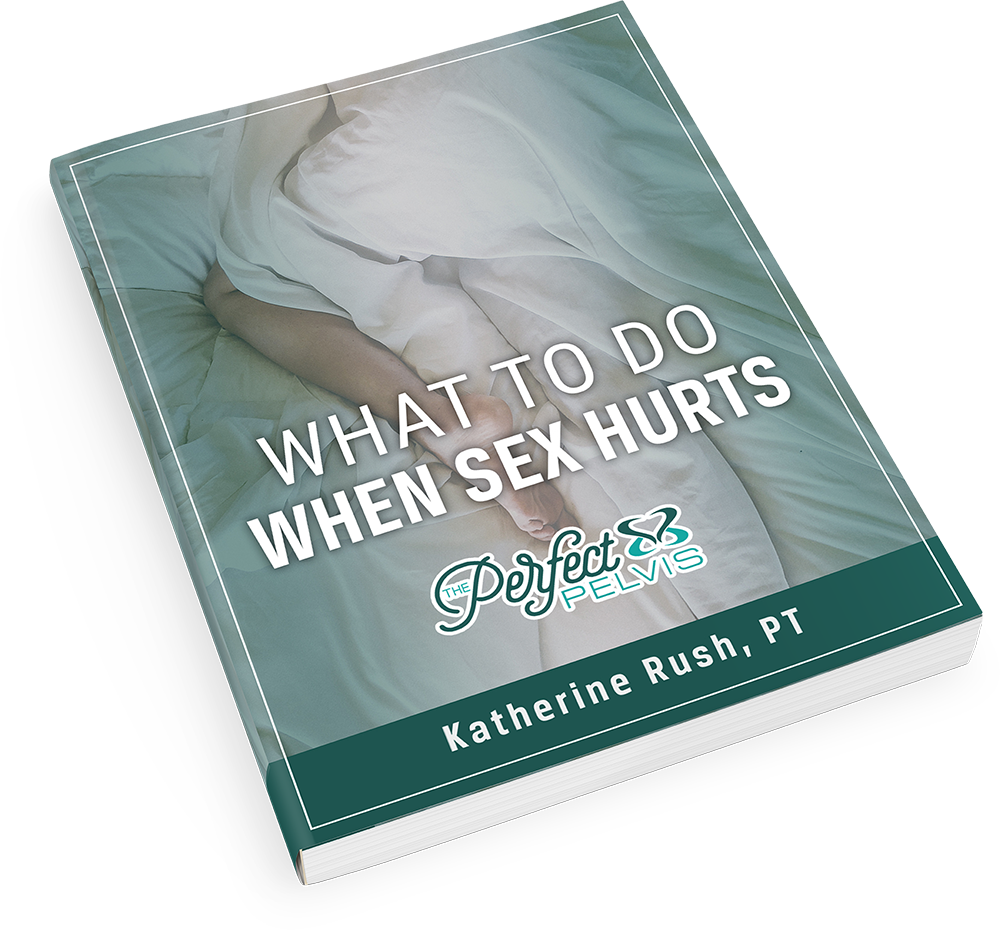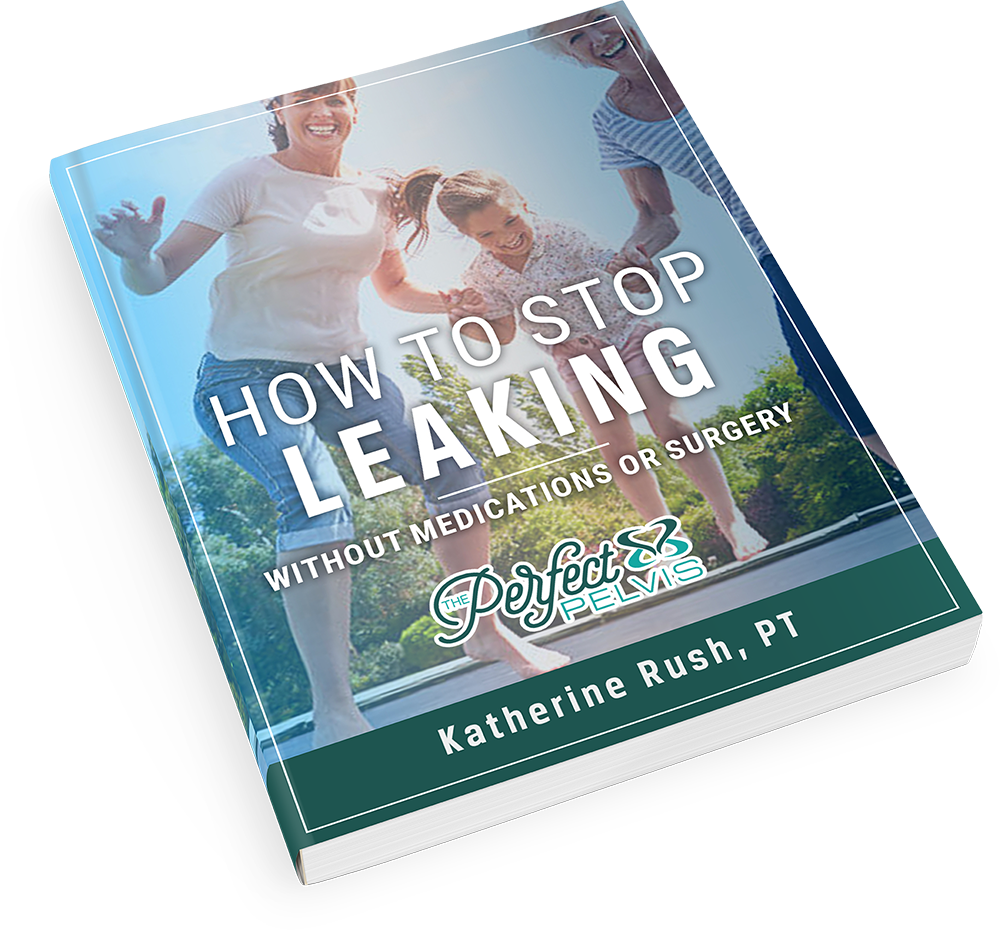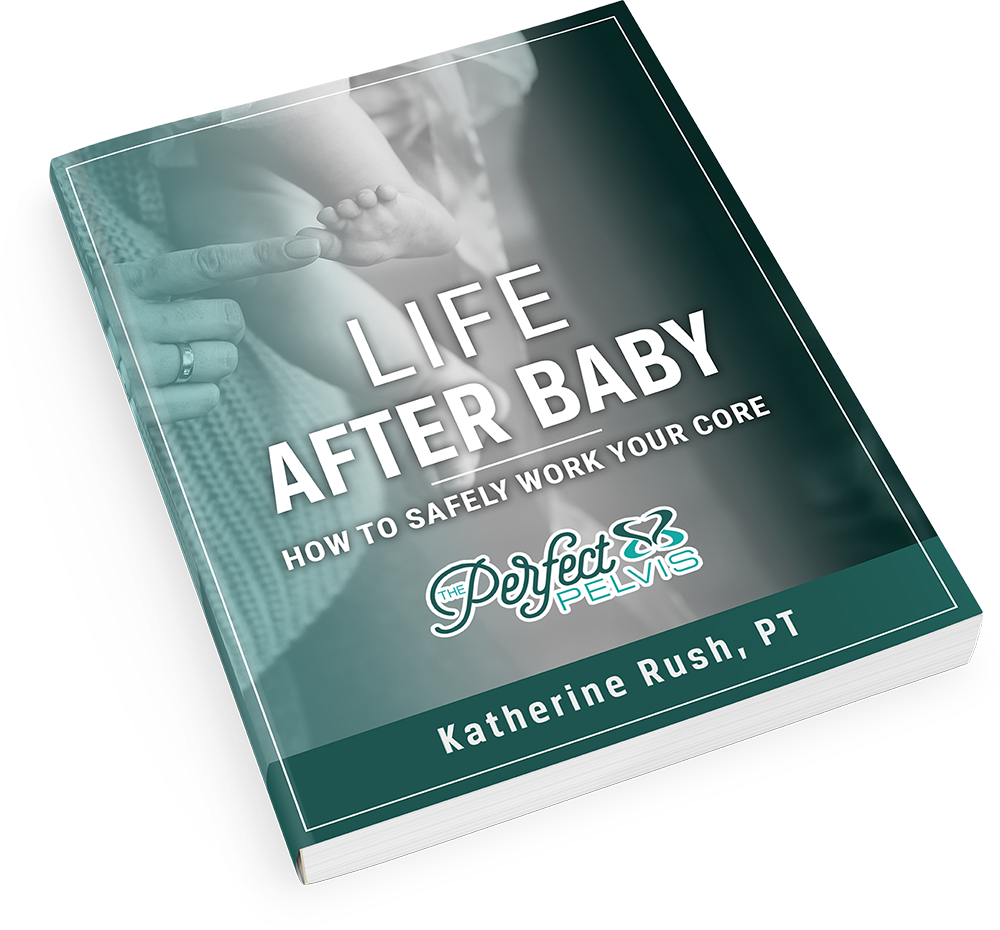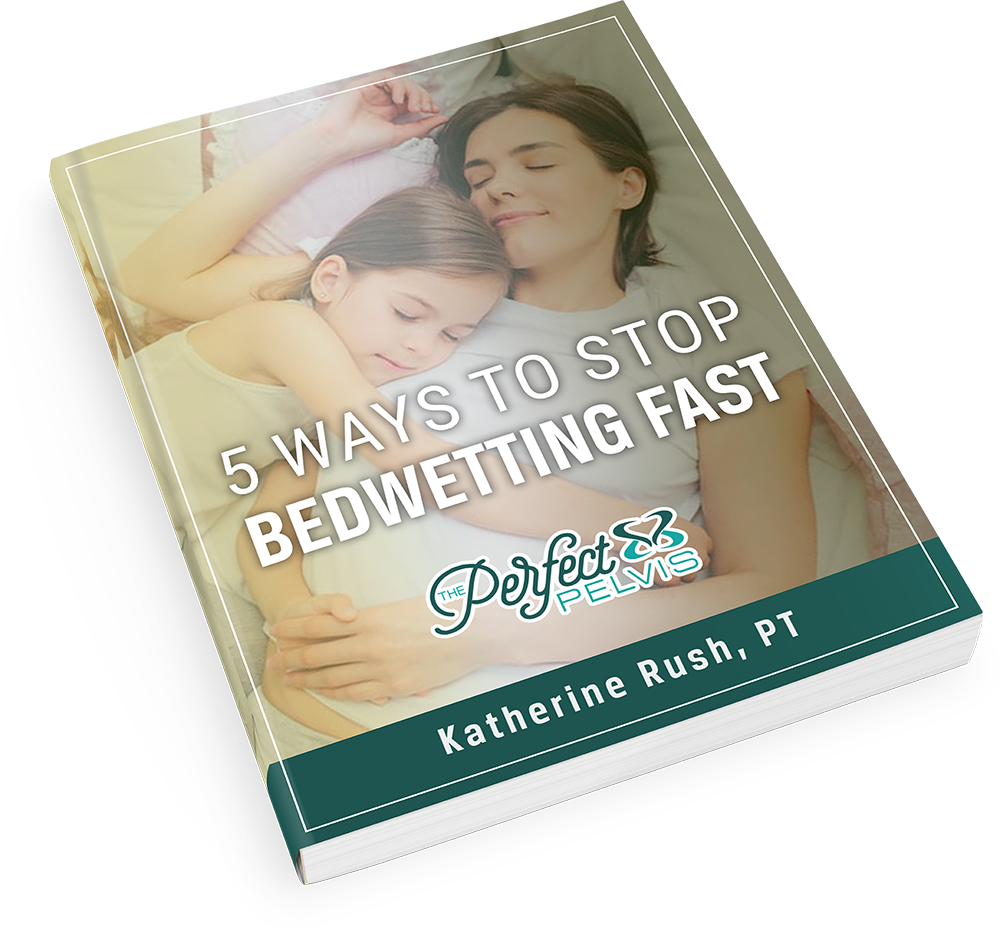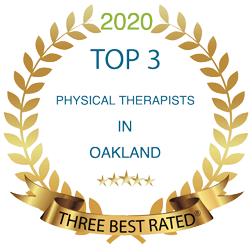Incontinence is a common issue for many adults. It can range from slight leakage to complete loss of control. Incontinence can have both physical and emotional effects, making it hard to manage on your own. There are four main types of incontinence: stress, urge, overflow, and functional incontinence.
Stress incontinence is when you leak urine on exertion—coughing, sneezing, and jumping are usually the main triggers. Urge incontinence is caused by a sudden urge to urinate and not being able to wait for a toilet in time. Overflow incontinence happens when the bladder does not empty completely, causing leakage after urinating. Functional incontinence occurs when a physical or mental disability limits your ability to get to the toilet in time.
Managing incontinence is essential for a good quality of life. Incontinence pads and other products are available to help absorb any sudden leakage, while pelvic floor exercises can help with stress and urge incontinence. Having regular checkups with your doctor will make sure there are no underlying issues that should be addressed.
Now that the kids are back to school, it is time to focus on yourself and managing your incontinence. With the right treatment and lifestyle changes, you can take control of your life again. Don’t let incontinence stand in your way—stay informed and find an effective solution that works for you.
6 Tips to Help Manage Incontinence
Exercising
- Start small. Choose exercises that are low impact and easy on your body, such as walking, yoga, or swimming. As you increase strength and endurance over time, gradually add more challenging activities.
- Make sure to stretch before exercising to prevent straining your body.
- Pay attention to your limits and take frequent breaks if needed. Incontinence can be aggravated by overexertion, especially in the heat.
- Avoid any type of exercise that causes pain or greater stress on the bladder muscles, such as running or jumping jacks.
- To avoid accidents during physical activities, empty your bladder before and after each exercise session.
- Wear absorbent pads or clothing that are designed to help manage leakage during physical activities.
Eating Healthy
- Incorporate more fiber into your diet such as fruits, vegetables, and whole grains. Fiber helps reduce incontinence by bulking up stool to make it easier to control.
- Avoid foods that can irritate the bladder such as alcohol, caffeine, and spicy foods.
- Drink plenty of fluids throughout the day to keep your body well-hydrated and reduce constipation since hard stools can put additional pressure on your bladder muscles.
- Consume smaller meals more frequently throughout the day. Eating large meals can cause the stomach to expand, pushing against your bladder and leading to incontinence.
- Eat probiotic-rich foods such as yogurt or kimchi daily as research shows that these can help reduce symptoms of incontinence.
- Limit your consumption of sugary drinks like soda, juice, or sports drinks. These types of beverages have a high sugar content and can aggravate bladder or bowel incontinence.
Understanding the Root Cause
- Talk to your doctor about your health history, medications, and any lifestyle changes that might be causing your incontinence.
- Don’t feel ashamed about discussing intimate details with your healthcare provider – it’s necessary for you to receive the right treatment.
- Ask your doctor to refer you to a specialist if needed. Urologists, gynecologists, pelvic health physical therapists, and continence advisors are all qualified experts who can help diagnose and manage incontinence.
- Learn more about incontinence and keep up with new research on treatments. Knowledge is power when it comes to managing your condition and understanding the best ways to keep it under control.
- Keep a log of your incontinence episodes, noting any triggers such as food or activities that you think are causing them. This will help your doctor determine what is triggering your symptoms and find an effective solution.
- Consider joining a support group for incontinence or other chronic conditions. Sharing your story and connecting with others who understand what you’re going through can be empowering and provide helpful tips for managing symptoms.
By taking steps to better manage your incontinence, you can take back control over your life and start feeling more empowered in your daily activities. With the right approach, you can reduce your symptoms and start to enjoy life again.
Pelvic Health and Physical Therapy: How it Can Help You Manage Incontinence
Pelvic health issues can have a huge impact on your quality of life. Whether it’s pelvic pain, incontinence, or sexual dysfunction, they can take a toll on both physical and emotional well-being. That’s why seeking help from experienced professionals is often the most effective way to manage the issues.
Physical therapy can be an excellent option for people looking to tackle their pelvic health problems. It can help improve your overall strength, range of motion, and even balance. With an individualized treatment plan tailored to your needs, physical therapy can target specific problem areas that are causing you pain or discomfort and provide you with relief over time.
For people dealing with incontinence, physical therapy has been proven to help treat the condition. This can be done through biofeedback and bladder training, both of which are effective treatment methods for managing urinary leakage. Our experienced physical therapists will work with you to create an individualized exercise plan that best meets your needs and goals.
At our clinic, we understand how important it is to you to take control of your pelvic health. Our physical therapists are here to help you every step of the way and provide you with the support you need. We’ll work collaboratively with your healthcare team and other professionals in order to ensure that you get the best possible outcome.
Don’t let pelvic health issues get in the way of achieving your goals. With our physical therapy services, we can help you take control of your condition and start living life to the fullest. Contact us today to learn more about how we can help you manage incontinence and treat any other pelvic health concerns.
Want to Take The Next Steps In Treating Your Stress Incontinence?
Are you struggling with incontinence, looking for solutions, and wondering what the next steps are in treating this problem?
Then feel free to schedule a free phone consult, or contact us to arrange a $57 Incontinence Screening. You can also feel free to give us a call at 816.607.3747 (We still like to talk on the phone!)
We love to keep people in Lee’s Summit, mobile, active, and off pain pills – let our expertise go to work for you to help you stay happy and healthy.
Don’t forget, you can schedule a no-obligation (and free!) phone consult or visit us at our Lee’s Summit clinic as part of your $57 Incontinence Screening. Or just give us a call at 816.607.3747.
We look forward to hearing from you,
Katy Rush, PT



